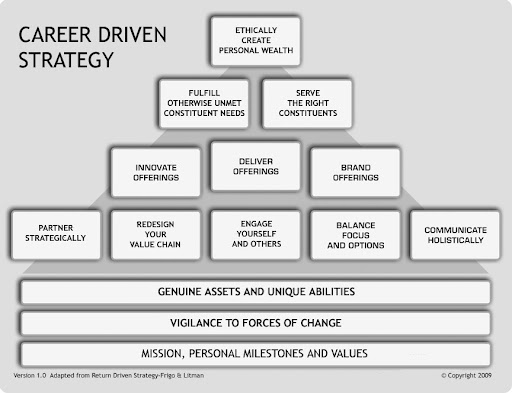Pessimism, uncertainty, and disconnect are undermining worker productivity. Here’s what you can do about it!
|
|
| Curious? Keep reading below to know more! Pessimism, uncertainty, and disconnect are undermining worker productivity. Here’s what you can do about it! According to a recent study, employees across a variety of industries in the U.S. feel pessimistic, uncertain, and disconnected. In the research conducted by meQuilibrium, a digital coaching platform, it was discovered that professionals with work-related pessimism experience an over 60% decline in productivity and have a 128% greater risk of getting depression.
It was also discovered that 49% of employees feel worse about their finances, with 27% expecting their finances to decline further. Meanwhile, 24% expect their work situation to further deteriorate. Further complicating matters is that 55% of employees showed at least one symptom of disconnect, with those who are severely affected reporting a 66% impairment in unproductivity. In addition to these results, it was revealed that Gen Z workers are the most disconnected and pessimistic, as 62% reported dissatisfaction with their financial situation and 48% reported pessimism about their work situation. The findings in meQuilibrium’s report were gathered from 5,477 participants across multiple industries. Simply said, professionals in the U.S. are suffering from a toxic "triple threat" of pessimism, uncertainty, and disconnect. The implications of this issue cannot be overstated. A less-engaged workforce directly leads to reduced productivity, and when an organization operates at diminished capacity, its ability to innovate, compete, collaborate, grow, and operate efficiently becomes severely limited. At the same time, a disconnected workforce drives higher turnover, increases friction with leadership, and deteriorates collaboration across teams. This creates a particularly urgent challenge given that talent retention has become a top priority for organizations operating with tight budgets amid ongoing economic uncertainty. That said, how exactly can leadership and management teams respond to these problems? MeQuilibrium’s research point to a couple of solutions:
Said another way, leadership and management teams should prioritize the development of empathetic leadership and foster individual resilience and the creation of a supportive and connected working environment. The “triple threat” of pessimism, uncertainty, and disconnect demands immediate attention from management and leadership teams. If these issues are left unaddressed, organizations will have a hard time staying competitive and innovative in today’s uncertain and highly volatile business landscape. Conversely, those who recognize these problems and proactively take steps to address them will be the ones to come out ahead. For a daily version of this newsletter, please subscribe here. |

Miles Everson
CEO of MBO Partners and former Global Advisory and Consulting CEO at PwC, Everson has worked with many of the world's largest and most prominent organizations, specializing in executive management. He helps companies balance growth, reduce risk, maximize return, and excel in strategic business priorities.
He is a sought-after public speaker and contributor and has been a case study for success from Harvard Business School.
Everson is a Certified Public Accountant, a member of the American Institute of Certified Public Accountants and Minnesota Society of Certified Public Accountants. He graduated from St. Cloud State University with a B.S. in Accounting.




